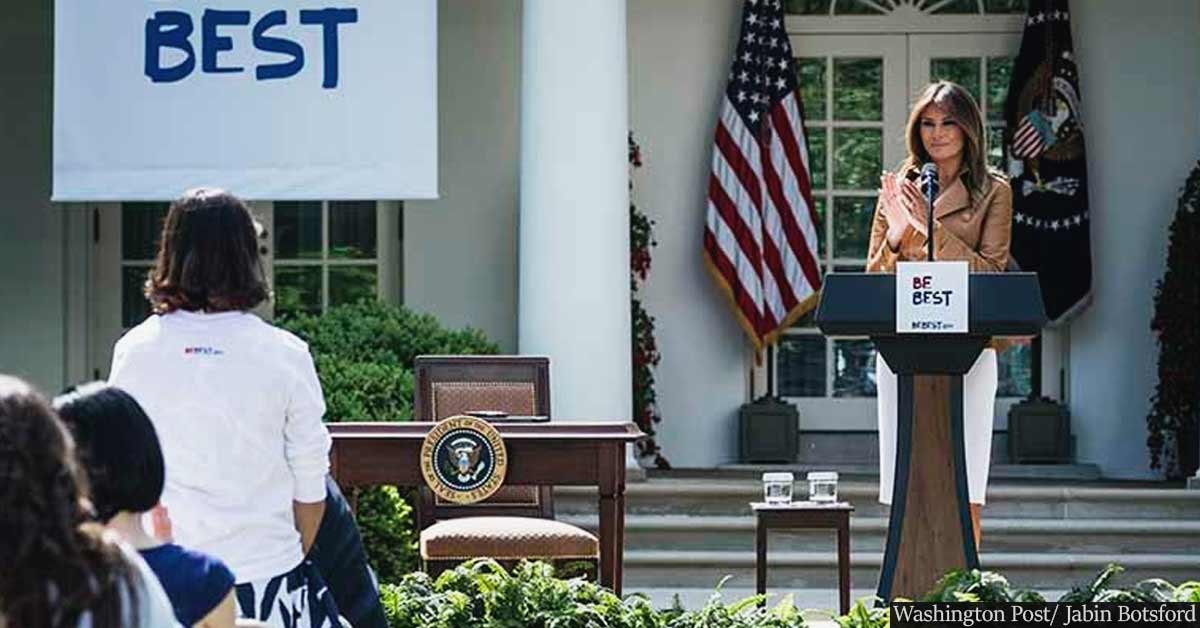More than a week of fighting between Israel and Hamas showed few signs of abating on Tuesday despite intense U.S. and global diplomacy to stop the region’s fiercest hostilities in years.
The Israeli military said late on Monday that Hamas and other Palestinian groups had fired about 3,350 rockets from Gaza – 200 of them on Monday alone – and that Israeli air and artillery strikes had killed at least 130 militants.
Gaza health officials put the Palestinian death toll at 212, including 61 children and 36 women, since hostilities began last week. Ten people have been killed in Israel, including two children.
Amid seemingly fruitless diplomatic efforts to stop the violence, the top U.S. military officer, Army General Mark Milley, warned that the violence could spread.
“My assessment is that you risk broader destabilization and you risk a whole series of negative consequences if the fighting continues,” Milley, chairman of the Joint Chiefs of Staff, told reporters before landing in Brussels on Monday for talks with NATO allies. “It’s in no one’s interest to continue fighting.”
Israeli air strikes on the Palestinian enclave continued overnight. Soon after dawn, missiles struck two buildings in Gaza City, sending plumes of thick smoke into the air.
Militants in the Strip fired rockets early on Tuesday that set off sirens in southern Israeli cities, sending thousands running for bomb shelters.
There were no immediate reports of injuries on either side.
The overnight rocket fire from Gaza appeared to be less than in previous nights. There was a six-hour lull in rocket fire overnight before they again began being launched at dawn, according to rocket siren information from the Israeli military.
A Reuters correspondent also reported a lull in overnight rocket fire from Gaza, an enclave home to two million Palestinians.
Diplomatic efforts
US President Joe Biden expressed his support for a ceasefire during a call with Israeli Prime Minister Benjamin Netanyahu on Monday, the White House said in a statement.
But Netanyahu told Israelis earlier that strikes against militant sites and leaders in Gaza would carry on.
“The directive is to continue to strike at terror targets,” he said in a televised speech, after meeting with military and intelligence chiefs. “We will continue to act as necessary to restore peace and security to all residents of Israel.”
The armed wing of Hamas promised more rockets in return: “The criminal Zionist enemy intensified its bombing of homes and residential apartments in the recent hours, and therefore, we warn the enemy that if it did not stop that immediately, we would resume rocketing Tel Aviv,” said spokesman Abu Ubaida.
US Secretary of State Antony Blinken urged all sides to protect civilians.
Although stressing that Israel had the right to defend itself, Blinken said he had not seen any evidence from Israel about its suggestion that Hamas was operating out of a building housing media outlets – including the U.S.-based Associated Press – which was destroyed in an Israeli missile strike at the weekend.
Hamas denied having offices in the building. “These are false allegations and an attempt to justify the crime of targeting a civilian tower,” said Hamas spokesman Fawzi Barhoum.
Egypt and U.N. mediators also stepped up diplomatic efforts, while the U.N. General Assembly will meet to discuss the violence on Thursday.
The Biden administration approved the potential sale of $735 million in precision-guided weapons to Israel, and congressional sources said on Monday that U.S. lawmakers were not expected to object to the deal.
Communal violence
Hamas began its rocket assault last Monday after weeks of tensions over a court case to evict several Palestinian families in East Jerusalem, and in retaliation for Israeli police clashes with Palestinians near the city’s al-Aqsa Mosque, Islam’s third-holiest site, during the Muslim holy month of Ramadan.
The hostilities between Israel and Hamas-controlled Gaza have been accompanied by an uptick of violence in the West Bank, where the Palestinians have limited self-rule.
There have also been clashes between Israel’s Jewish and Arab communities in mixed areas.
Israel’s president has warned that tension between Jewish and Arab Israelis could devolve into “civil war”.
General strikes are planned for Tuesday in Arab towns within Israel and Palestinian towns in the West Bank, with posts on social media urging solidarity “from the sea to the river.”




